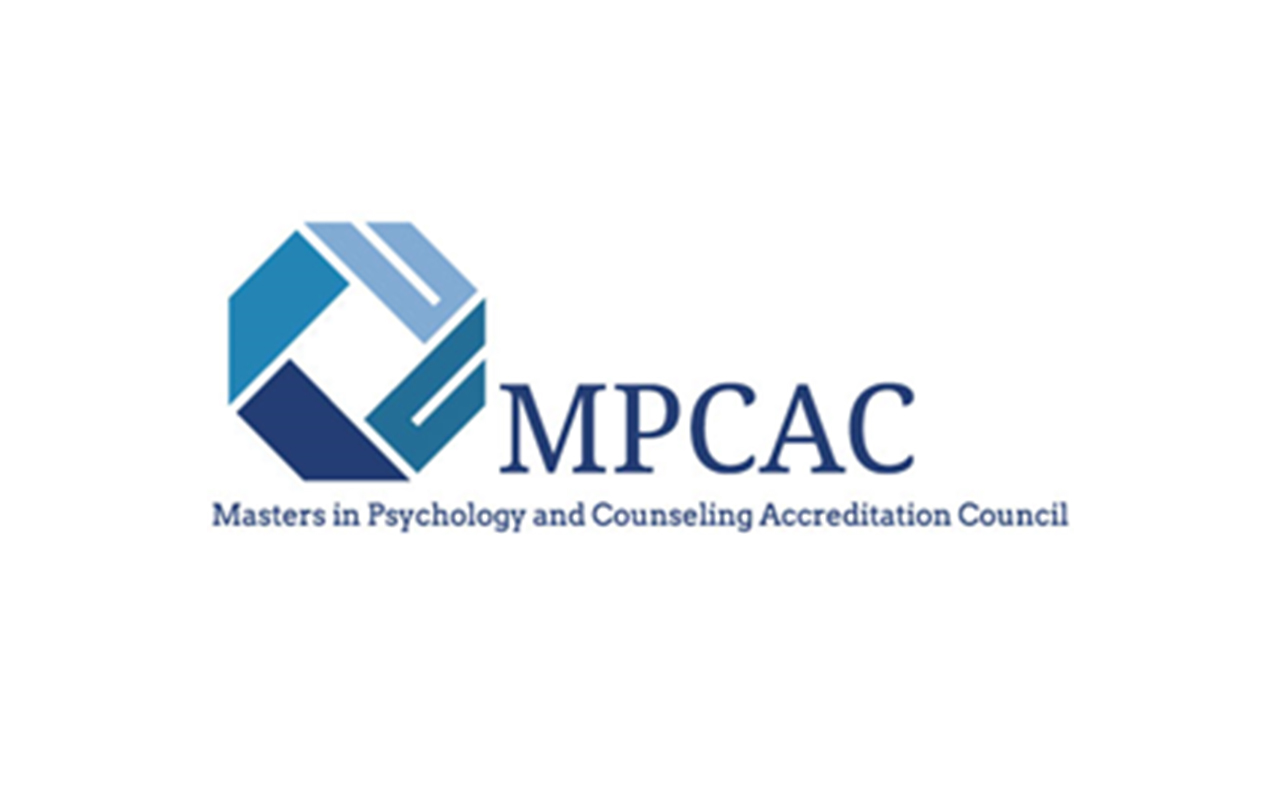Clinical Counseling Psychology Program Receives National Accreditation

Noting that the University’s Clinical Counseling Psychology program “clearly plays an important role in the community and appears to have a significant impact on services for the public,” Assumption’s program has been accredited by the Masters in Psychology and Counseling Accreditation Council (MPCAC) for a two-year period. The program trains counselors who treat common clinical problems like aggressive behavior in children, ADHD, depression, anxiety and substance abuse.

The M.A. in Clinical Counseling Psychology at Assumption University meets the rigorous educational and pre-graduation requirements for licensed mental health counselors in Massachusetts, fully integrating Cognitive Behavioral Therapy (CBT) theory and practice. Grounded in the foundations of the Catholic faith, the program emphasizes social justice and community service perspectives.
In its report, the MPCAC also noted that students in the program have a “strong commitment to learning.” The M.A. in clinical counseling psychology requires students to complete 100 practicum and 600 internship hours with 100 Practicum and 240 Internship contact hours in their three-semester practicum/internship sequence. MPCAC noted that this “scientist-practitioner model provides the framework for the curriculum and is clearly included in all aspects of the coursework. Internship supervisors noted the exceptional quality of student preparation for their placements in traditional outpatient settings.” The program was lauded for preparing students for clinical counseling psychology jobs; because of their training, Assumption “graduates are highly valued and sought after by employers in the area, particularly those who have the students in internships positions where they are frequently hired once they graduate.”
“We are proud and honored to receive this esteemed accreditation from MPCAC, recognizing the quality of our master’s degree in clinical counseling psychology,” said Professor Leonard Doerfler, Ph.D., director of the program at Assumption. “Our faculty work diligently to prepare our students to serve those in the greatest of need and to have an impact in their communities through their vocation.”
According to its website, the mission of the MPCAC is to “accredit academic programs that provide science-based education and training in the practice of counseling and psychological services at the master’s level, using both counseling and psychological principles and theories as they apply to specific populations and settings.”
Assumption’s master’s degree program in clinical counseling psychology focuses on five primary areas: developing an interpersonal relationship with clients and clinical supervisors; competence in clinical assessment; competence in implementing evidence-based interventions; competence in evaluating psychological research in domains that contribute to the practice of mental health counseling; and ethical and professional conduct in relationships with clients, faculty, and colleagues.
